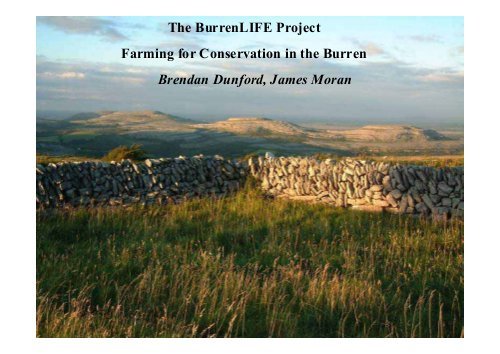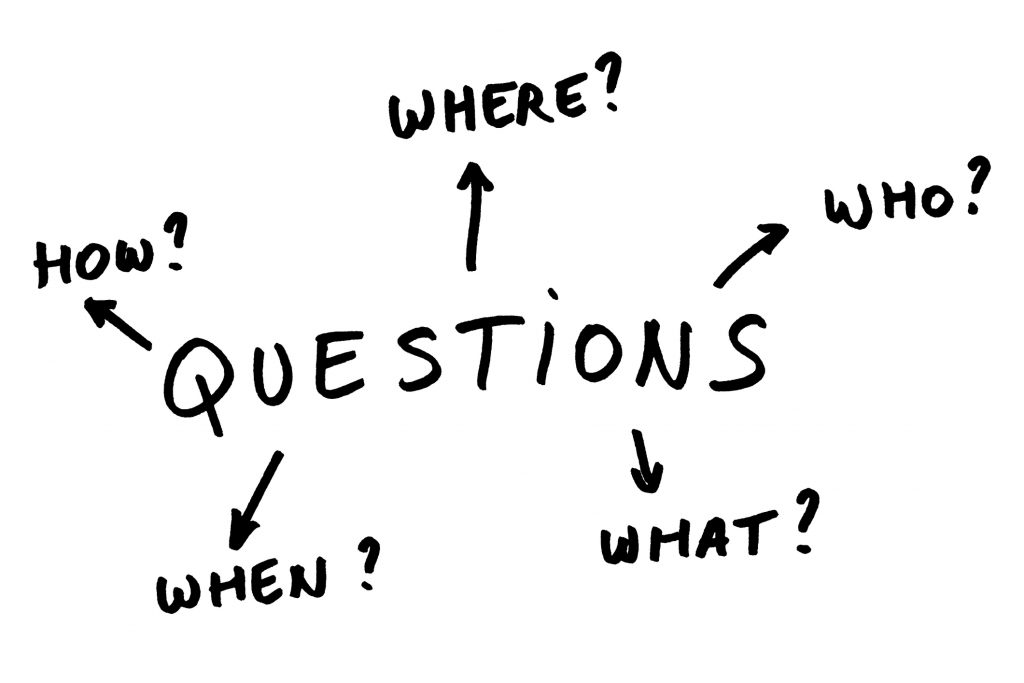This week I began my results. This project is primarily based on interviews and surveys. Because of this, the results of my project will mostly contain answers from interviews and surveys. The answers given by James Moran will be used as results. As well as his answers to direct questions, quotes will also be used as part of the Results. In order to get all relevant information, the interview had to be listened to multiple times to extract the correct information.

Next week, I am scheduled to meet with Brendan Dunford so I will keep revising his interview questions. As well as meeting with Brendan, I will also meet Cathal O’Donoghue in NUIG. Cathal is working directly with the Farm ECOS project. This will give further information on how these schemes are designed and what he thinks is the most efficient design in an environmental scheme.

